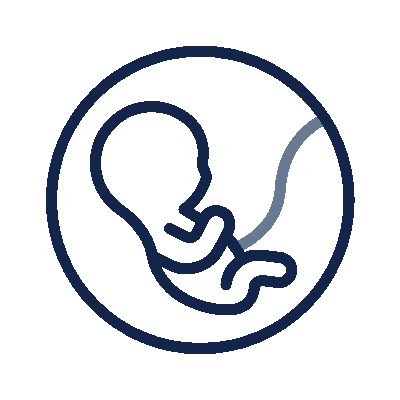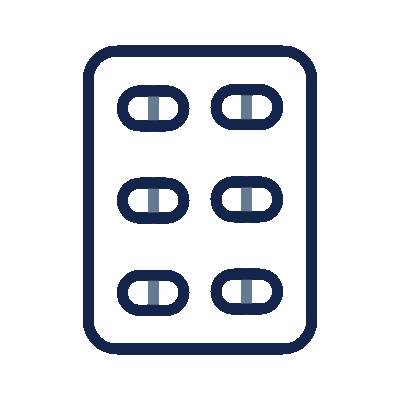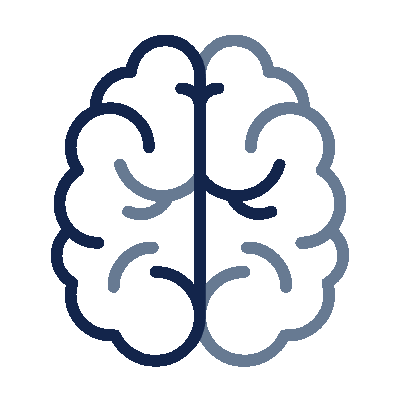Learn About Urinary Incontinence:
Urinary incontinence is a super common issue where pee leaks out without you wanting it to. It can happen to anyone, no matter how old or what gender they are, and it can really mess with your day-to-day life. There are a few different types of urinary incontinence to look out for:
Stress Incontinence
This happens when your bladder gets stressed out and leaks pee when you cough, sneeze, laugh, or exercise.
Urge Incontinence
Also called overactive bladder, this is when you suddenly really need to pee and can’t hold it in, so you end up leaking before you make it to the bathroom. It’s because your bladder muscles are acting up.
Overflow Incontinence
This is when your bladder doesn’t empty all the way, so you end up dribbling pee all the time. It’s usually because something is blocking the flow of urine, like a big prostate or nerve damage.
Functional Incontinence
This type isn’t about problems with your bladder or urinary tract, but more about physical or mental issues that make it hard to get to the bathroom in time. Things like trouble moving around or memory problems cause this.
Why We Experience Urinary Incontinence

Pregnancy and Childbirth
Pregnancy and childbirth can also take a toll on our pelvic floor muscles and nerves, increasing the chances of experiencing urinary incontinence.

Weakening with Age
As we get older, our muscles and tissues that support the bladder can weaken, making us more prone to urinary incontinence.

Medications
Certain medications like diuretics, sedatives, muscle relaxants, and antihistamines – can mess with your bladder function and contribute to urinary incontinence.

Weight Management
If you’re carrying extra weight, it can put pressure on your bladder and surrounding muscles, leading to urinary incontinence.

Neurological Conditions
Neurological disorders like multiple sclerosis, Parkinson’s disease, stroke, or spinal cord injuries can mess with the signals between your brain and bladder, causing urinary incontinence.
